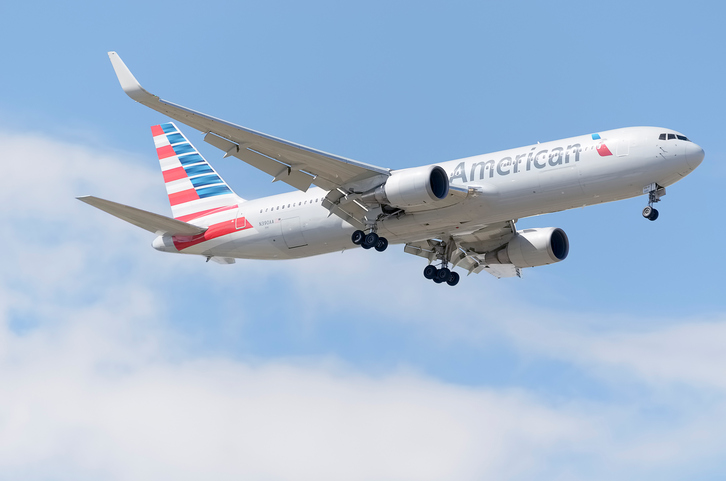United Airlines said last week it has set a goal to cut its greenhouse gas emissions by 50 percent over the next few decades to help reduce its carbon footprint and its dependence on fossil fuels.
The third-largest U.S. air carrier will invest more than $2 billion a year in more fuel-efficient aircraft, expanding its use of low-carbon biofuels in daily flights and implementing ways to better conserve fuel.
“This is not only good for the environment but guards against oil price instability,” Aaron Stash, a United manager of environmental strategy and sustainability, told reporters.
Fuel costs account for a major portion of airlines‘ expenses, and rising oil prices over the past year have eaten in to industry profits, sending carriers scrambling to mitigate the impact.
While rivals Delta Air Lines Inc and American Airlines Group Inc cut their 2018 earnings forecasts due to an oil price spike, United raised its full-year target in July as capacity and fare increases helped it recapture about 75 percent of higher fuel costs.
Speaking at a separate conference last Thursday, United President Scott Kirby said the airline was “marching toward” recapturing 100 percent of higher fuel expenditures in a year when those costs are already surpassing $2 billion.
Still, Chicago-based United said it wants to be “the world’s most environmentally conscious airline.”
In 2015, it invested $30 million in California-based Fulcrum BioEnergy with an agreement to help the household trash-to-biofuel maker install refineries near its hub airports and purchase roughly 1 billion gallons of biofuel.
Last Friday, United will use 16,000 gallons of biofuel at a 30/70 blend with conventional jet fuel on Flight 44 from San Francisco to Zurich, which it said will be the longest flight to date by a U.S. airline powered by that much biofuel.
United said that halving its emissions by 2050 from 2005 levels as projected would be the equivalent of removing 4.5 million vehicles from the road each year, or the total number of cars in New York City and Los Angeles combined.
Overall, the airline industry is still lagging its own climate targets on transatlantic routes despite steps to improve fuel efficiency, according to a study by the International Council on Clean Transportation released on Wednesday.
According to the study, budget carrier Norwegian Air Shuttle ASA, which operates new Boeing 787 Dreamliners and 737 MAX aircraft, was ranked first of the 20 transatlantic carriers for fuel efficiency.
(Reporting by Tracy Rucinski in Chicago Editing by Matthew Lewis – Reuters Connect.)






